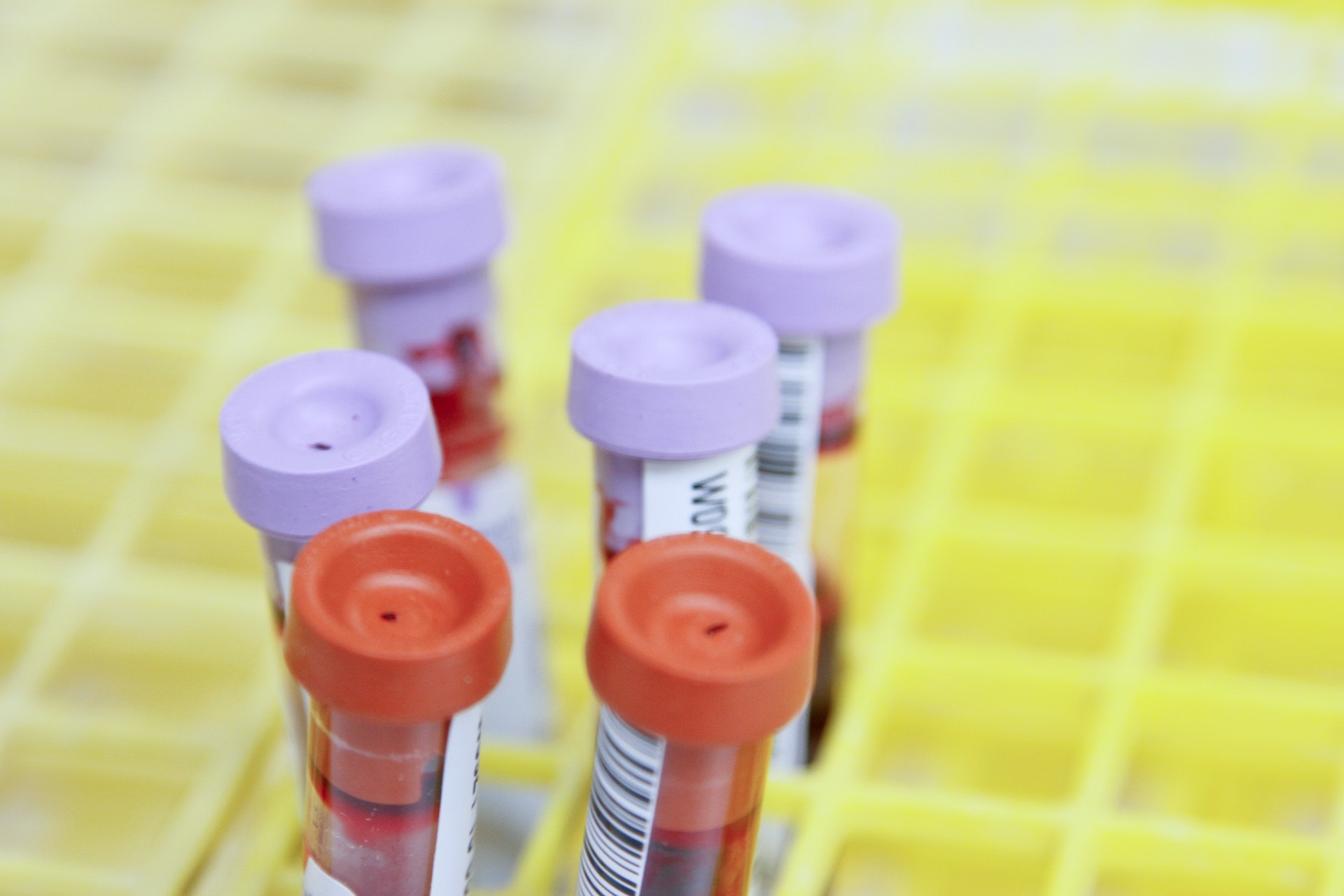
What is the Average AMH Level for Women Under 30?
In the past, women typically didn’t get their AMH levels tested until they were experiencing fertility issues, which is problematic for determining “average” AMH levels across age groups. However, there was recently a study by the Center for Fertility Research and Education (an organization launched by Extend Fertility) that looked at the results of over 2,600 AMH tests among non-infertile women. According to this study, the average AMH level for women under 30 is 2.91 ng/mL.
What Do the Numbers Mean?
In general, AMH values greater than 1 ng/mL typically mean that a woman has a normal ovarian reserve. AMH values less than 1 ng/mL may be an indicator that a woman has a low or diminished ovarian reserve.
Most doctors require the AMH level to be above 2.0ng/mL for a woman to be eligible to be an egg donor.
AMH Levels Decrease with Age
As expected, studies have also concluded that AMH levels decrease as age increases. As we know, age is important for reproductive performance. A woman’s fertility and egg supply decline as she ages, which means that AMH levels typically decrease with age as well.
Birth Control Suppresses AMH
There are various things you can do that can influence your AMH levels. Birth control contraceptives have strong hormones in them that suppress the formation of antral follicles in the same way that pregnancy does, which in turn may lower your anti-Müllerian hormone levels. Studies have shown that the use of contraceptives causes a significant decrease in AMH levels. A study conducted by Oulu University Hospital of healthy women between ages 20-33 years old demonstrated comparable decreased AMH levels among all methods of contraceptives (oral [pill], transdermal [patch], and vaginal [ring]).
An AMH level under 2.0ng/mL could be a consequence of someone who has been taking birth control pills for many years. Fortunately, AMH levels will recover if the birth control is stopped. If your AMH levels are low, we may ask you to stop taking birth control pills for a few months and then go in for another test.
If your AMH is under 2.0ng/mL and you are not taking birth control, it may be a good idea to consult with your gynecologist about the result. In this situation, egg freezing could be a good option for you if you would like to start a family someday.
Why AMH Testing is Important
This test is important because if your AMH levels are low, you will find out before moving forward and going through an entire cycle and egg retrieval. It also provides you with valuable information regarding your fertility health.
Fertility doctors perform AMH tests on egg donors because they provide a good measure of the donor’s ovarian reserve. Of course, a good candidate must have a decent ovarian reserve to ensure enough eggs can be retrieved. Having more eggs available improves the chances of producing a few high-quality embryos to be transferred to the intended mother or surrogate, which in turn improves their chances of achieving a pregnancy.
If you have any additional questions, send a message in the contact form below and we will be happy to help.
Find Additional Resources in the Donor Nexus Blog:
- If I Donate My Eggs, Can I Still Have Babies in the Future?
- Can You Donate Eggs if You Have an IUD?
- Can I Donate My Eggs If I’m on Birth Control?
- Are There Side Effects to Egg Donation?
Egg Donor Videos:
- A Day in the Life of an Egg Donor Video Series
- Advice for First-Time Egg Donors
- Why I Became An Egg Donor
- “To Make A Miracle”: My Egg Donation Experience Q&A
For Further Reading:
- https://www.fertstert.org/article/S0015-0282(12)02446-6/fulltext
- https://www.centerforhumanreprod.com/infertilityedu/causes/anti-mullerian-hormone/program/
- https://extendfertility.com/what-your-amh-level-really-means/
The information provided in this blog is intended to provide a generalized overview and is not to be considered medical advice. Please consult with your physician for actual medical advice specific to you.



